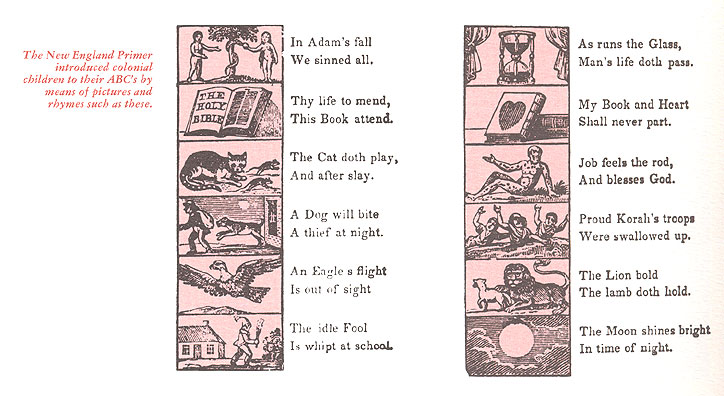 From REFORMED DOGMATICS – Volume 3: Sin and Salvation in Christ by Herman Bavinck
From REFORMED DOGMATICS – Volume 3: Sin and Salvation in Christ by Herman Bavinck
The fallen world in which we live rests on the foundations of a creation that was good. Yet, and at the same time it is not excluded from his counsel. God decided to take humanity on the perilous path of covenantal freedom rather than elevating it by a single act of power over the possibility of sin and death.
Genesis 2:9 speaks of two trees, the tree of life and the tree of the knowledge of good and evil. Both are integral to the Genesis narrative, and attempts to discount one or the other destroy narrative meaning. Similarly, efforts to explain the meaning of either of the trees in terms of progress and development (tree of life as awakening of sexuality) ignore the plain reading of prohibition and punishment associated with eating the trees’ fruit. No, the story is a unity, and it is about the fall of humanity and the origin of sin. Genesis 3 is not a step of human progress but a fall.
This fall, however, is not simply human effort to achieve cultural power as a means of becoming independent from God. The Bible does not portray human cultural formation as an evil in itself so that rural simplicity is preferable to a world-dominating culture. The point of the “fall” narrative in Genesis is to point to the human desire for autonomy from God. To “know good and evil” is to become the determiner of good and evil; it is to decide for oneself what is right and wrong and not submit to any external law. In short, to seek the knowledge of good and evil is to desire emancipation from God; it is to want to be “like God.”
The entry into sin comes by way of the serpent’s lie. The serpent’s speaking has often been mistakenly considered an allegory for lust, sexual desire, or errant reason. The various mythical interpretations and even attempts to explain the narrative in terms of animal capacity for speech before the fall all fail to meet the intent of the passage and the teaching of Scripture as a whole. The only appropriate explanation is to recognize, with ancient exegesis, the entrance of a spiritual superterrestrial power. The rest of the Bible, however, is relatively silent about this, though its entire narrative rests on this spiritual conflict between the two kingdoms. Sin did not start on earth but in heaven with a revolt of spiritual beings. In the case of humanity, the temptation by Satan resulted in the fall. Scripture looks for the origin of sin solely in the will of rational creatures.
The Christian church has always insisted on the historical character of the fall. In our day this is challenged by historical criticism as well as evolutionary dogma. Those who would challenge this notion attempt instead to accommodate it by demonstrating the reality of the fall from experience, thus validating Genesis 3 as a description of reality rather than as history. This rests on a misunderstanding; it ignores the fact that we need the testimony of Scripture in order to “read” our experience aright. Neither the Genesis account nor its historical character can be dispensed with. In fact, objections to the reality of the fall are themselves increasingly under review by more recent trends in the biblical and archeological/anthropological sciences. The Genesis account, especially of the unity of the human race, speaks positively to our conscience and our experience.
Though no true parallel to the biblical account has been found, it is clear from the myths of other ancients that underlying the religious and moral convictions of the human race are common beliefs in the divine origin and destiny of humanity, in a golden age and decline, in the conflict of good and evil, and in the wrath and appeasement of the deity. The origin and essence of sin, however, remain unknown to them. The origin of sin is sometimes found in the essence of things, its existence even denied by moralists and rationalists, treated as illusion or desire as in Buddhism, or dualistically traced to an ultimately evil power. Philosophers have treated sin as hubris that can be overcome by human will, as ignorance to be overcome by education in virtue, or even as a fall of preexistent souls. However, outside of special revelation sin is either treated deistically in terms of human will alone or derived pantheistically from the very necessary nature of things.
Both views also found their way into Christianity. The British monk Pelagius rejected all notions of original sin and considered every person as having Adam’s full moral choice of will. The fall did not happen at the beginning but is repeated in every human sin. Though the church rejected Pelagianism in its extreme form, Roman Catholicism maintained the notion of a less than completely fallen will, limiting the fall to the loss of the donum superadditum, which can only be restored by sacramental grace.
When the Reformation rejected Roman Catholic dualism, streams within Protestantism, notable rationalist groups such as the Socinians as well as the Remonstrants robbed Christianity of its absolute character by dispensing with the need for grace in some measure. The image of God is regarded as the fully free will, which, like that of the pre-fall Adam, remains intact. While we are born with an inclination to sin, this inclination is not itself culpable; atonement is needed only for actual sin. Suffering is not necessarily linked to sin; it is simply part of our human condition.
Interesting attempts have been made to reconcile Pelagius with Augustine. Ritschl agrees with Pelagius that the human will and actual sin precede the sinful state or condition. But he also then insists that these singular sinful acts mutually reinforce each other and create a collective realm of sin that exerts influence on us, a reinforcing reciprocity that enslaves all people. Others combine Ritschl’s approach with evolutionary theory. When this is envisioned in strictly materialistic and mechanistic terms, all notions of good and evil, the possibility of a moral life, vanish behind physical and chemical processes. A more acceptable route is to see the evolution of moral life as one in which human beings rise above their primitive animal nature as they become more humanized, more civilized. From this evolutionary viewpoint, sin is the survival of or misuse of habits and tendencies left over from our animal ancestry, from earlier stages of development, and their sinfulness lies in their anachronism. The remaining animal nature is shared by all people; sin is universal, but so is moral responsibility and guilt. Continue reading →



